Want to Learn More?
If you are considering an application to medical, dental, veterinary, or another health professional school after graduating we see you taking advantage of Cedar Crest College’s Health Professions Program. The Health Professions Program is a great option even if you have not firmly decided upon your future career path. The curriculum is designed to provide the guidance, information, and assistance needed to successfully pursue advanced medical education.
Simply send an e-mail to the Health Professions Advisor, (Dr. Audrey Ettinger; ajetting@cedarcrest.edu), and she will keep you informed of various workshops, internships, open houses, and other opportunities that will help you explore your interests and improve your credentials. You will also benefit from the guidance and assistance of our Health Professions Committee (see information below).
Because of the required courses in science, most health professions students choose to major in the sciences, most often in biology, biochemistry, or neuroscience. However, it is not necessary to major in science. Cedar Crest does not have pre-health professions majors. The best major is the one that interests and excites you; enjoy it and be prepared to work hard in it!
The Health Professions Committee
A group of Cedar Crest faculty members advise interested students, write letters of recommendation for qualified students, and determine policies regarding pre-health professions studies. The current members of this committee include:
- Audrey Ettinger, PhD, Health Professions Advisor, Biology
- Dianne Babbitt, PhD, Health Sciences
- Jeanne Berk, PhD, Chemistry
- Jennifer Hayden, PhD, Biology
- Carol Pulham, PhD, English
How To Apply
Applying is free and straightforward—because we believe nothing should stand in the way of your dreams!

Dive A Little Deeper
Upcoming Admissions Events
Accreditation
Cedar Crest College is accredited by the Middle States Commission on Higher Education; 1007 North Orange Street, 4th Floor, MB #166, Wilmington, DE 19801
Faculty & Staff
Who’s teaching you is as important as the curriculum you choose.
Let’s put a face to some of the names you’ll be seeing on the course listings!
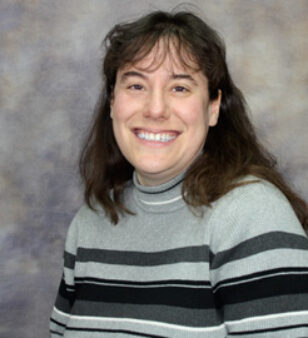
Audrey Ettinger
Chair of Biological Sciences; Associate Professor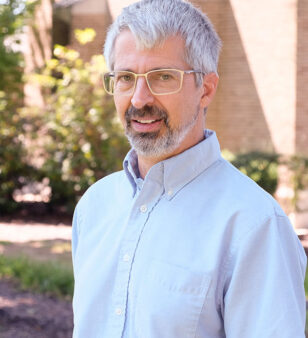
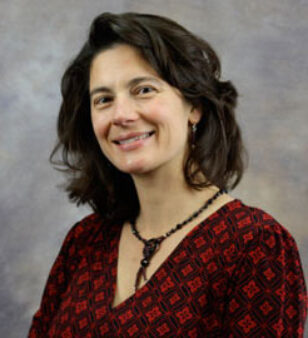
K. Joy Karnas
Professor/Director of the Honors Program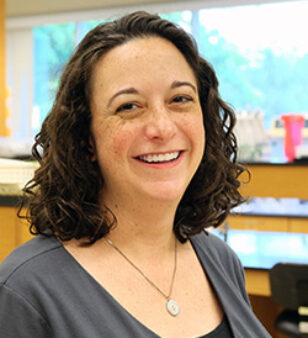
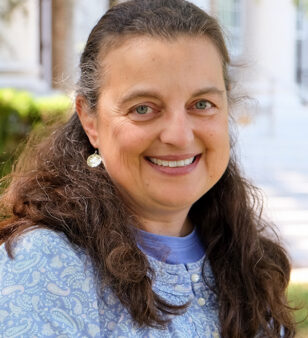
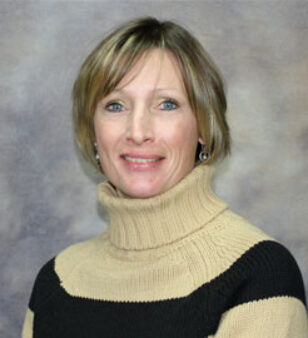
Eileen Epsaro
Assistant Professor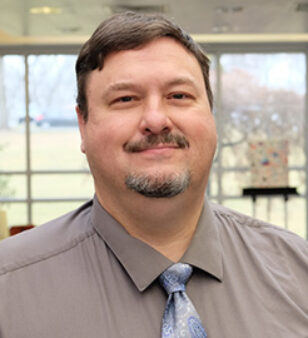
Andre Walther
Associate Professor

Aisling Doyle
Lab Manager- School of Adult and Graduate Education
- sage@cedarcrest.edu
- P: 610-740-3770
- Traditional Admissions
- admissions@cedarcrest.edu
- P: 800-360-1222
- F: 610-740-3780